This is an emergency alert for everyone travelling through the outback with their dogs. Ticks are everywhere, and your dog could be carrying the tick-borne disease ehrlichiosis! The NT government has announced that veterinarians across Australia have noticed more cases of dogs infected with this nasty disease – thousands in fact; meanwhile, WA reports seeing increased infections from them also.
Tick-infested environments can be found in places like petrol stations, caravan parks, and when camping remotely. Be careful when you are in these places–you need to watch out for ticks!
The tick-borne disease ehrlichiosis was particularly common in places like Katherine, on the outskirts of Darwin and around Kununurra in WA, stated Greg Mifsud, national wild dog management co-ordinator at the Centre for Invasive Species Solutions in Queensland.
People need to make sure their dogs are protected against ticks. They should use both oral medication and an insecticide-impregnated collar. They should also check their animal often. Never take them to places where there is loose-leaf litter or areas that may have ticks. It’s essential to be constantly vigilant about this problem so it does not spread to the eastern states, he also added.
Make sure you check your dogs anytime you enter a new location or town.
The NT government’s Ehrlichiosis co-ordinator Megan Pickering said that the effects of this disease have been dramatic and severe. In particular, it is affecting Indigenous dog populations in these communities. Still, there has also been an effect on pets from non-Indigenous backgrounds who live with infected dogs daily or come into contact through mutual contacts like mating grounds.
Ehrlichiosis is a tick-borne bacterial infection that can be transferred from dogs to their canine companions. While humans don’t get infected by direct contact, they may carry the Ehrlichia bacteria and pass along its harmful effects if bitten by an infected animal such as this brown dog tick that lives in northern Australia.
If your dog is acutely infected with the disease, it may be off its food and begins to display symptoms of lethargy and fever, and their balance may be affected, along with bleeding or eye problems.
The chronic form is of the most concerning, often appearing months to years after a tick bite. This form will lead to immune system failure, a slow-wasting death, and it’s something that needs to be taken seriously.
Dr. Pickering said that if a dog shows clinical signs of Ehrlichiosis, it needs treatment with antibiotics prescribed by your vet. She also advises humane euthanasia for dogs who’ve been diagnosed as having chronic and progressive cases of this disease without response to the medication.
The full impact of Ehrlichiosis in the dingo population is still unknown, but it’s already harming domestic dog populations. Many native communities have seen 60% losses in the domesticated canines population from this killer tick-borne disease,” said Adam Bowen, a professional pest controller who currently sits on Australia’s National Wild Dog Action Plan Coordination Committee
Ticks can attach themselves to their host in many locations but are most commonly found on the ears and neck. They also like hanging out underneath where they have no access to groom themselves properly, so that’s why you’ll find these pests there too!


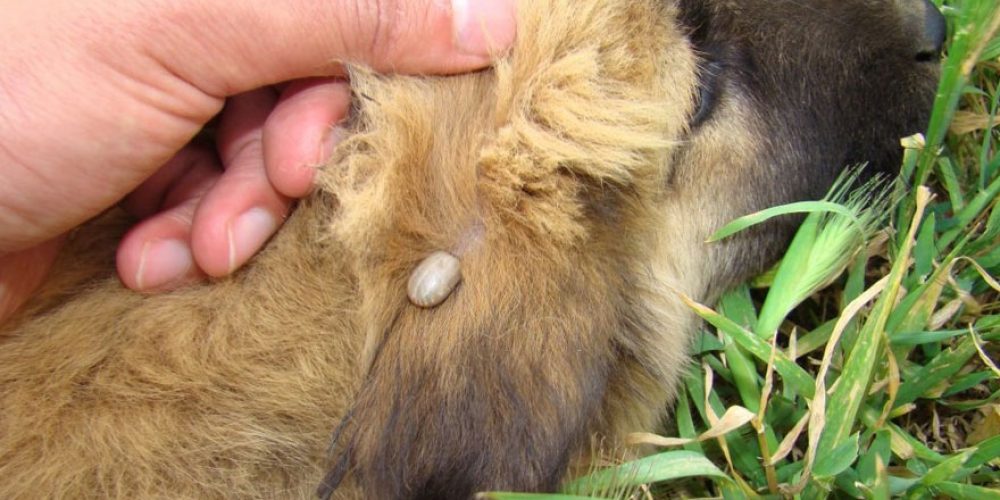











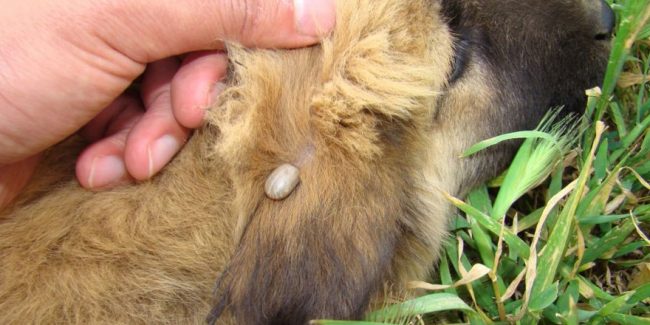















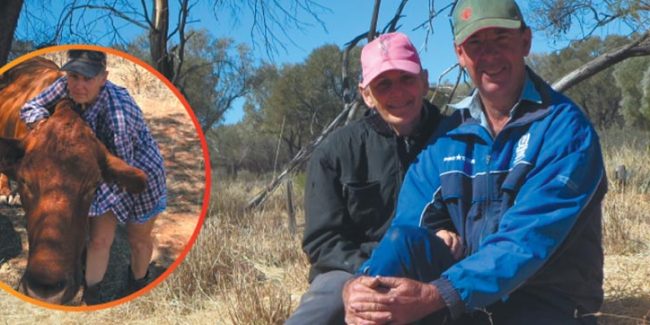
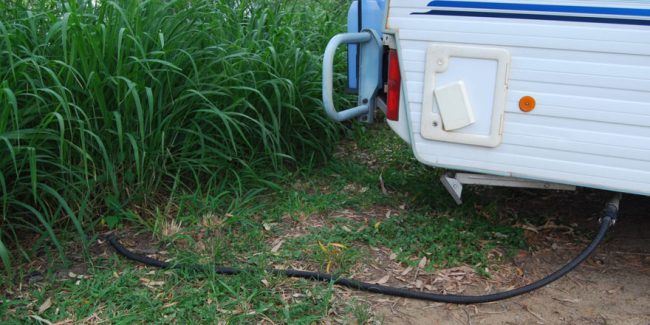





























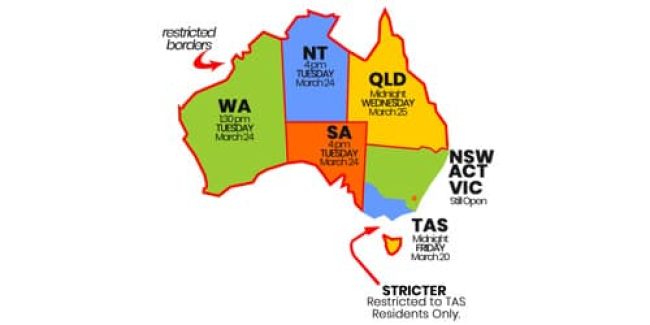










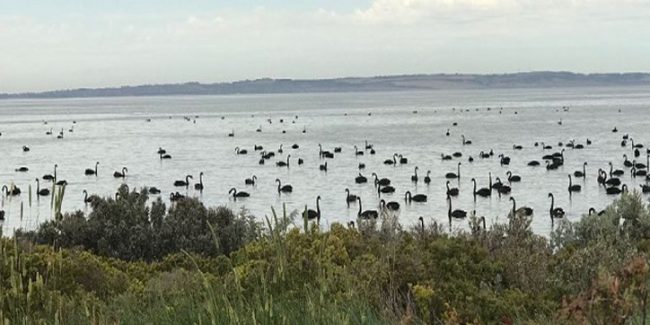

























Comments 0